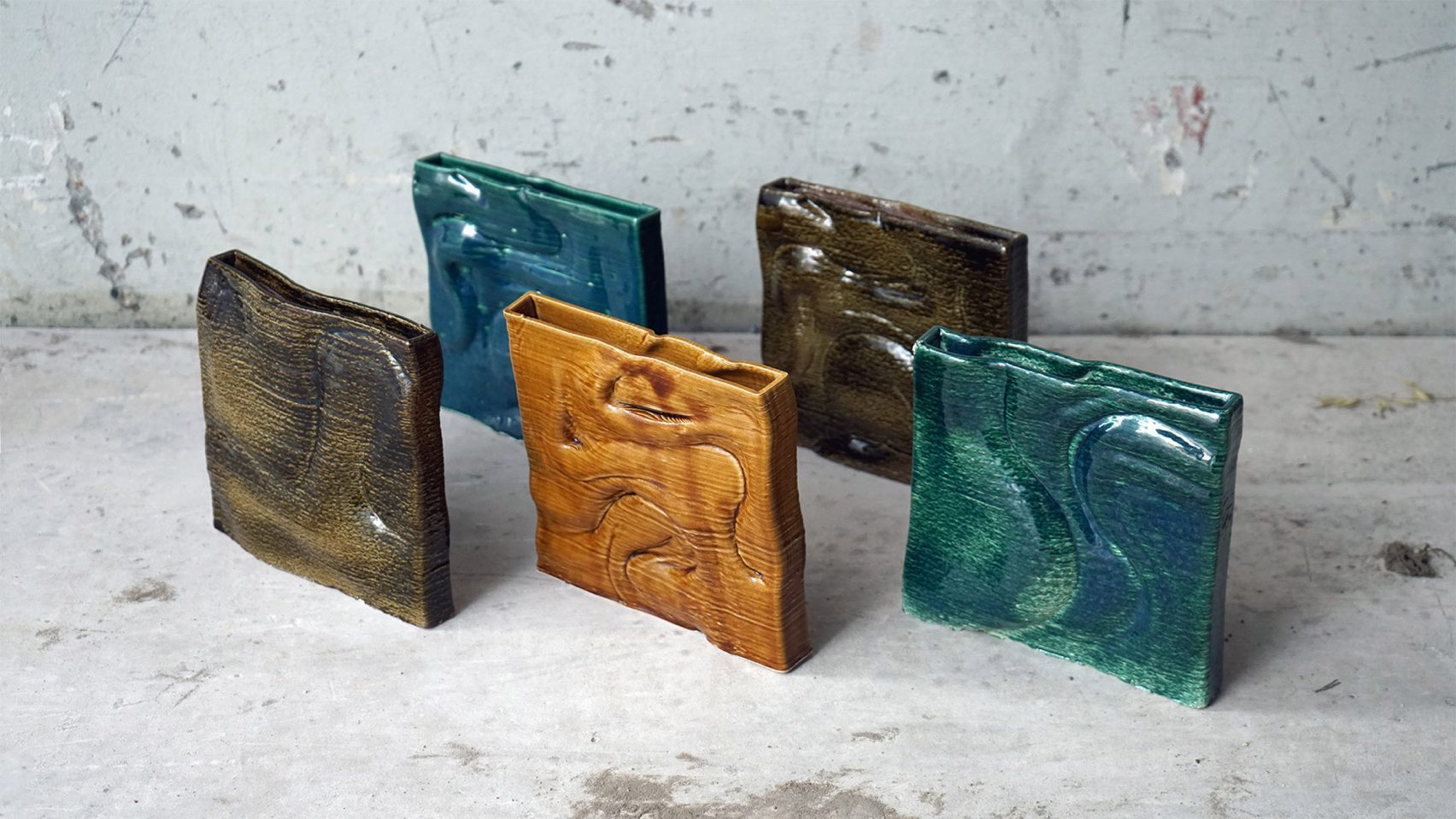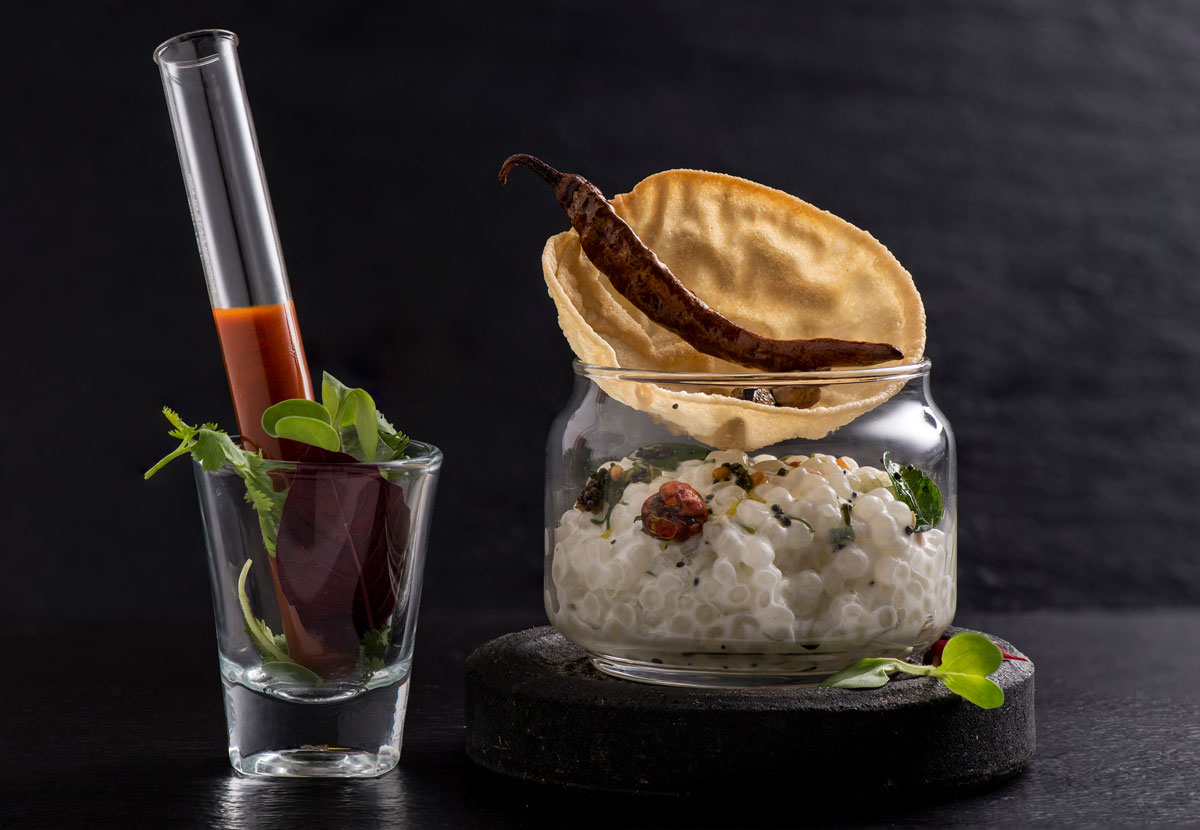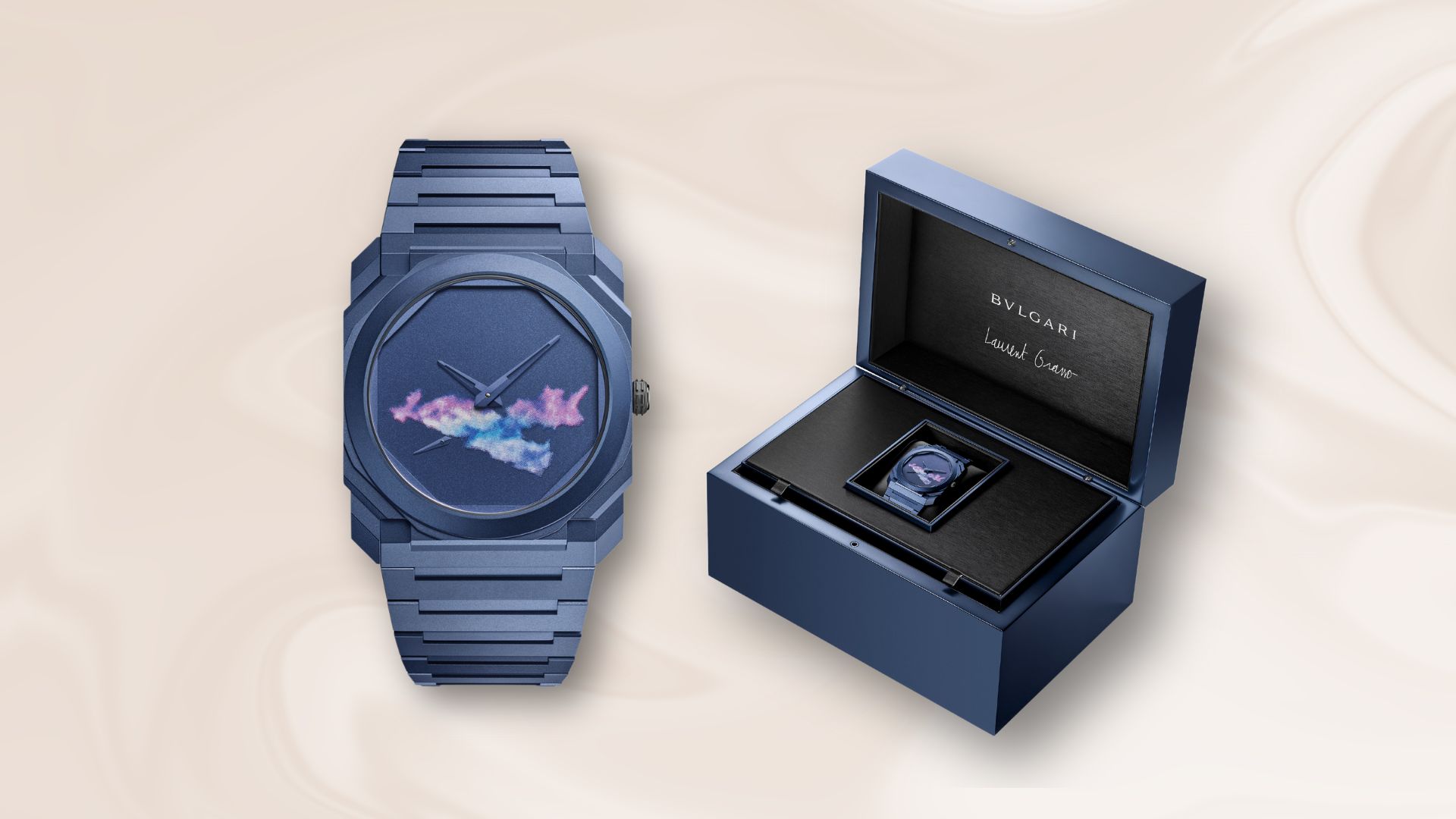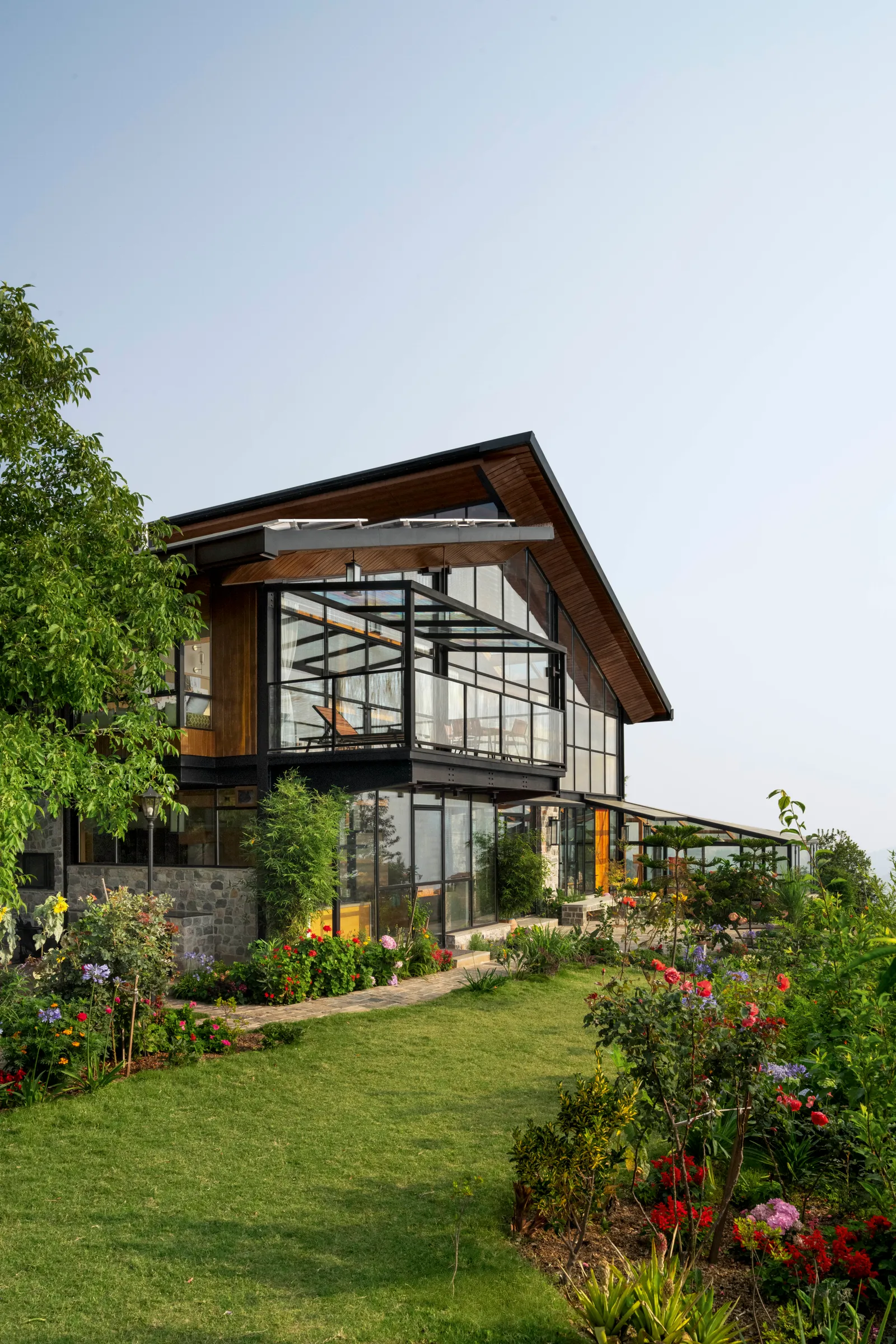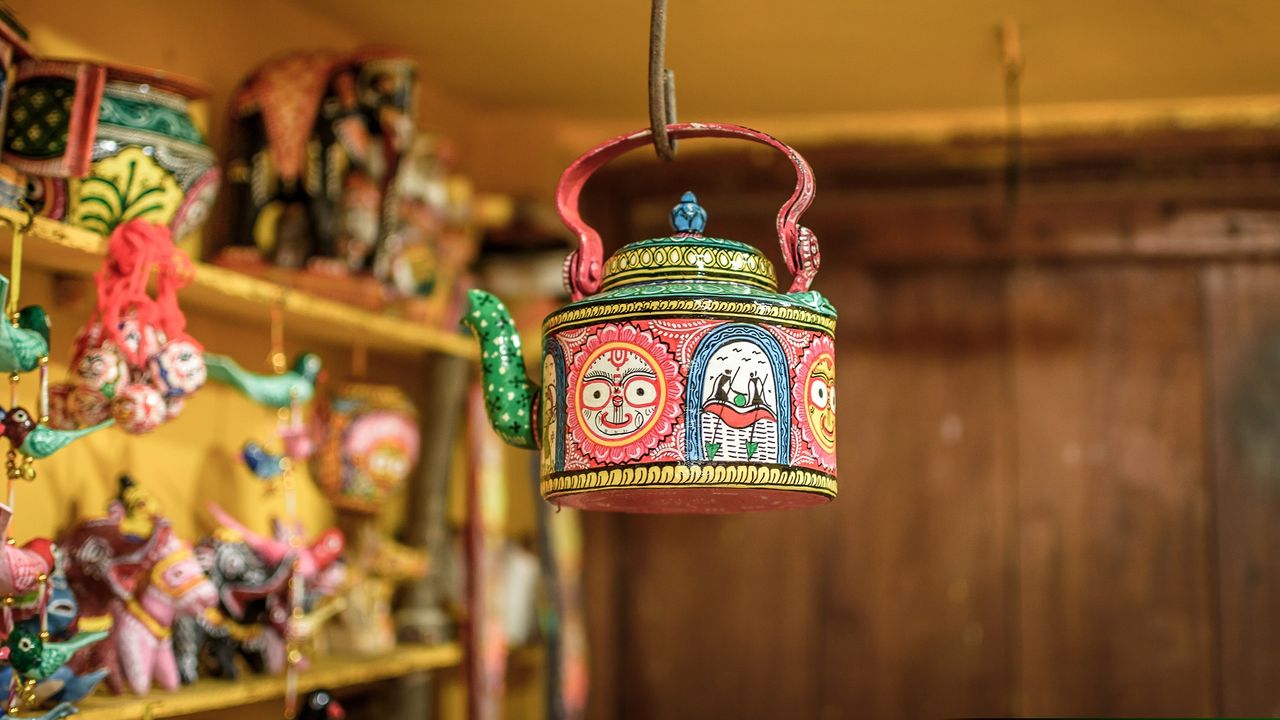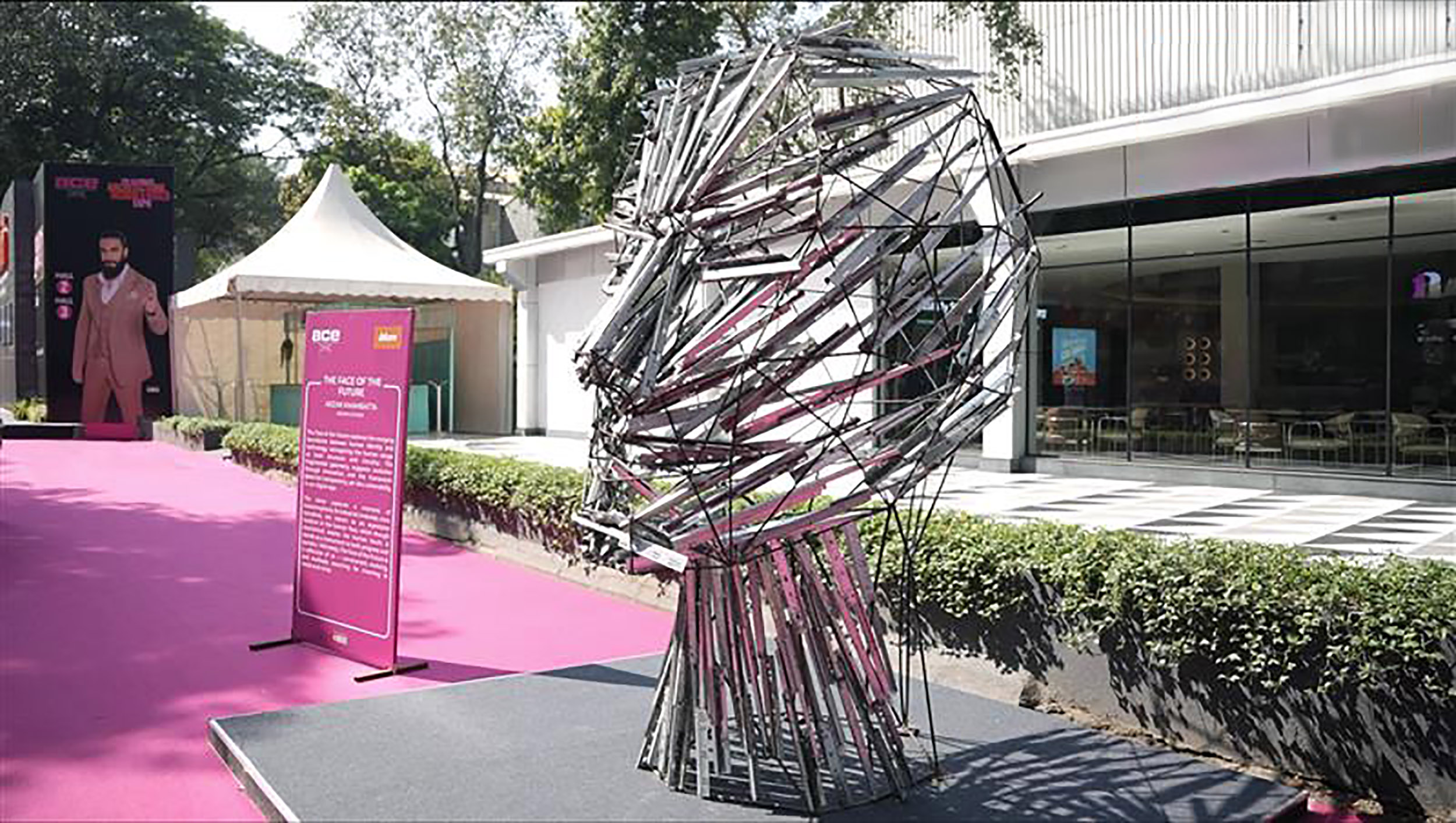Innovations in 3D printing continue to pave the way for sustainable alternatives in manufacturing. One such breakthrough was showcased this year at Dutch Design Week, a premier nine-day design event focused on the future of design with a strong emphasis on experimentation, innovation, and cross-overs. It was the innovation of an eco-friendly filament called RePit by Nawa, a collective of designers, architects, chemical engineers, and bio-scientists committed to revolutionizing the way one interacts with everyday objects. The initiative marks a step forward in developing plastic-free filament options which ultimately pushes for a greener 3D printing industry.
A Game Changer in Sustainable 3D Printing Materials
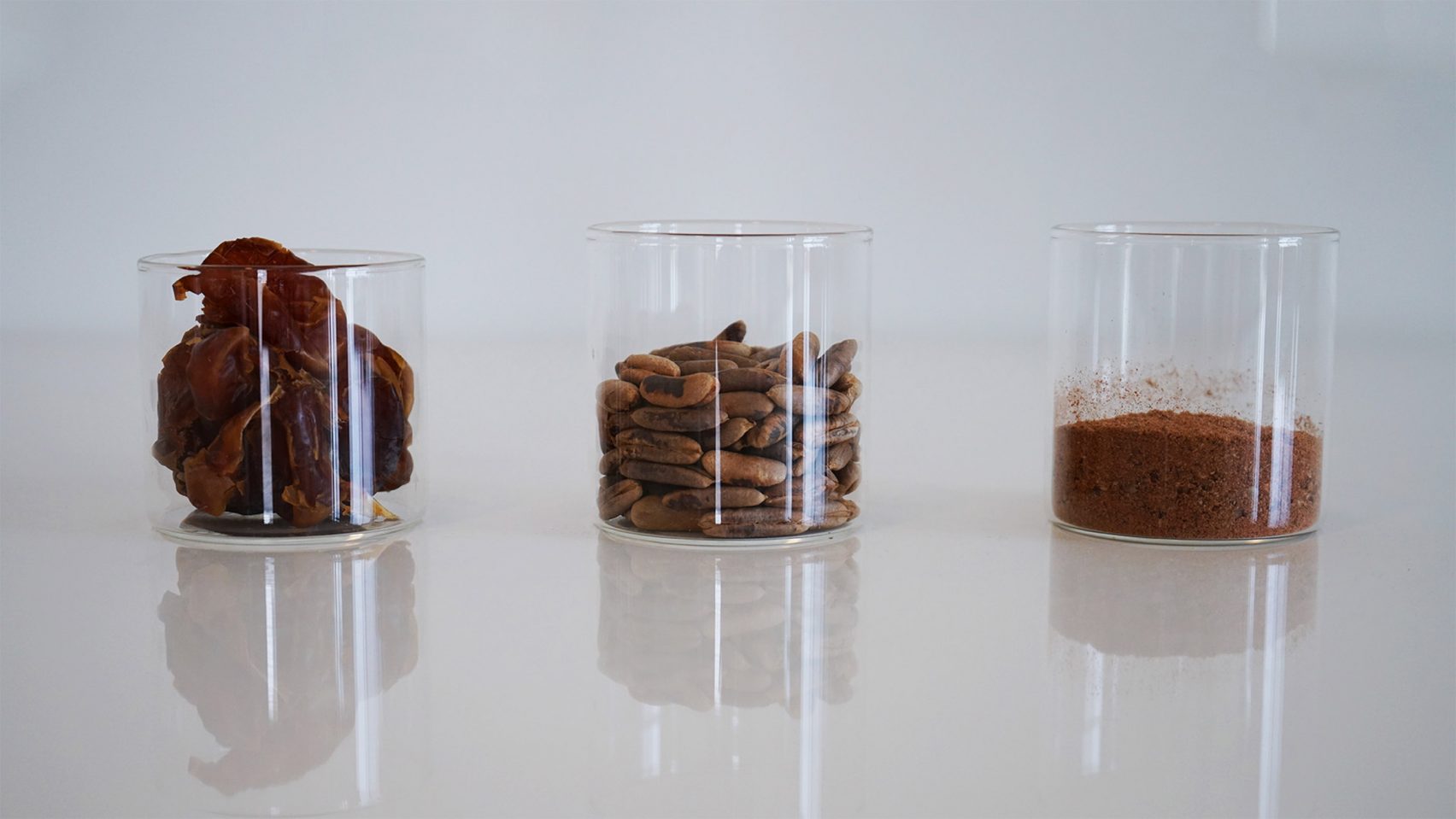
The name Repit is a play on the word ‘repeat’, representing a shift from traditionally used thermoplastic filaments to a composite material. It aims to address the grave concern of environmental impact caused by standard thermoplastic filaments by replacing them with plastic-free filaments made from waste date seeds.
To manufacture the sustainable material, the Nawa team sources date seeds from their farms in Oman during the Al Qaidh harvesting season. The waste date seeds are then crushed and mixed with natural Omani clay and palm fibers which together form a variation of a traditional water-resistant lime mortar known as Sarooj. This ancient composite has been used in Oman for construction for centuries and its usage highlights the project’s alignment with local heritage and sustainable design.
At Dutch Design Week, Nawa presented RePit by showcasing 15 intricately designed tiles with patterns inspired by the sand dunes in Oman. The tiles were 3D-printed, fired, and glazed in the same way as any other ceramic.
Future of Plastic-free Filament in 3D Printing
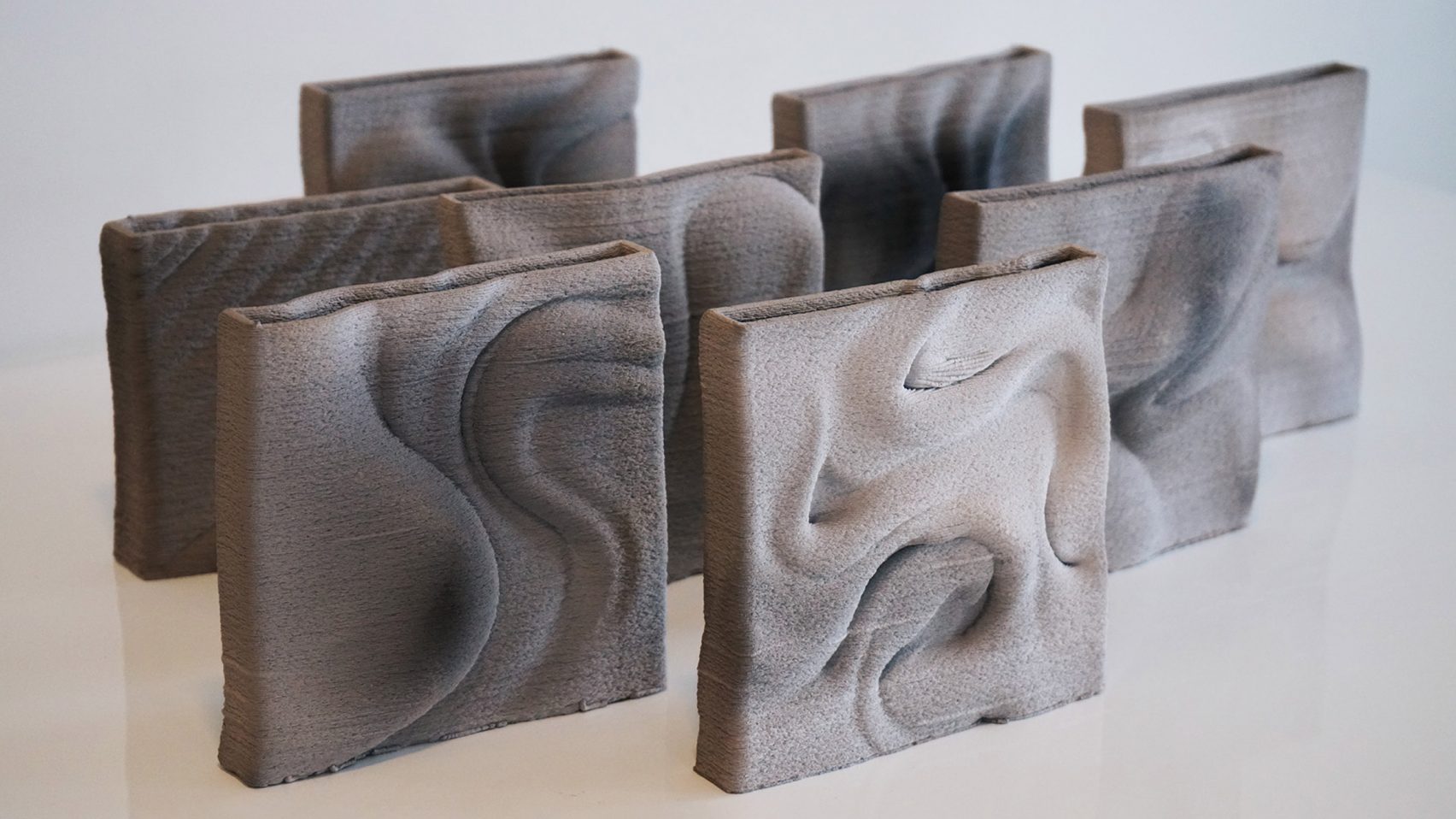
While RePit is still in the early stages of developing the date-based filament, Nawa which began its experiment in March aims to make the filament compatible with any fused-deposition modeling 3D printer. This innovation could play a key role in reducing the industry’s reliance on plastics and promoting environmentally responsible practices. This is because substituting plastic with date seed composites can reduce greenhouse gas emissions, support a circular economy, and divert tons of waste from landfills.
As they work to refine and expand this plastic-free filament technology, Nawa is setting an inspiring precedent for sustainable materials in the 3D printing industry Additionally, the innovative use of date seeds reflects the Arab tradition of hospitality where dates symbolize generosity, and positions Nawa at the forefront of sustainable design.
Also Read: Stone Vases a New Collection Unveiled by Stone Art.

